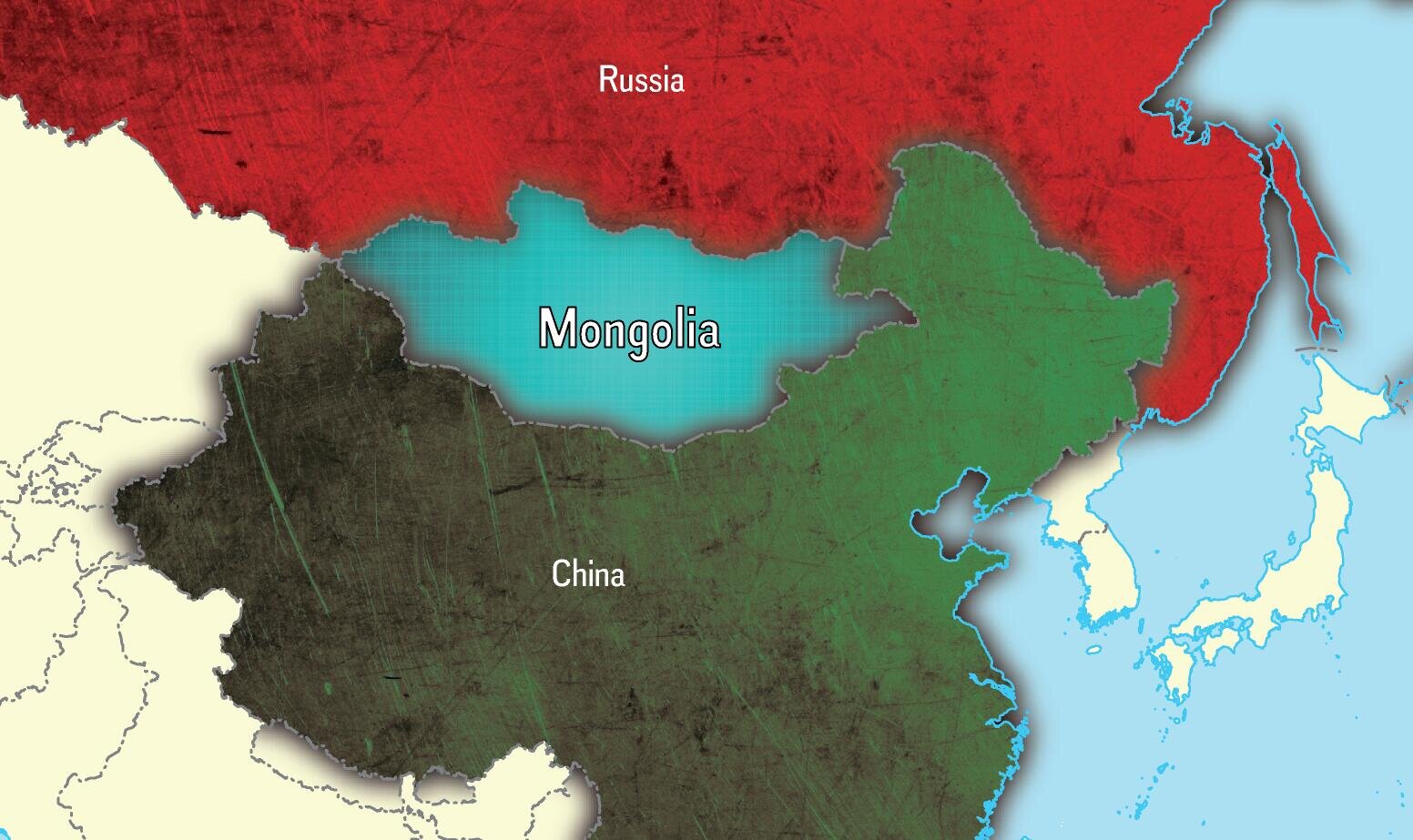International Relations
India-Mongolia Relations
- 09 Jan 2021
- 5 min read
Why in News
Recently, India and Mongolia have reviewed bilateral cooperation in hydrocarbons and steel sectors.
Key Points
- India reiterated its commitment to timely completion of the Mongol Refinery Project, the country’s 1st oil refinery.
- The greenfield Mongol Refinery Project is being built under a Line of Credit from the Government of India.
- It is expected to cut some of Mongolia’s fuel import dependence.
- The Project came in the backdrop of Mongolia, which has large uranium deposits signing an agreement for civil nuclear cooperation with India in 2009 and China unfolding its Belt and Road Initiative (BRI).
- India is opposed to the BRI, which seeks to invest about USD 8 trillion in infrastructure projects across Asia, Europe and Africa, as it says the initiative lures countries into debt traps and does not respect sovereignty or address environmental concerns.
- India welcomed the keenness of Mongolian companies in supplying coking coal to Indian steel industry. According to a recent report, India will overtake China as the largest importer of coking coal by 2025.
- Further, India looks forward to substantial partnerships with Mongolian companies in the areas of minerals, coal and steel.
- India expressed its willingness to further share its expertise in the oil and gas sector including capacity building in accordance with the developmental priorities of Mongolia.
India-Mongolia
- Historical Relations:
- India and Mongolia have interacted through Buddhism throughout history.
- Diplomatic Relations:
- India, the first country outside the former Soviet bloc of nations to open diplomatic relations with Mongolia in 1955, has upgraded ties with Mongolia to a strategic partnership.
- In 2015, Mongolia witnessed the first ever visit by the Prime Minister of India (a part of India’s Act East policy).
- International Cooperation:
- Mongolia has publicly reiterated its support for India’s membership to the permanent seat of the expanded United Nations Security Council (UNSC).
- India has played an important role in getting Mongolia membership to key international forums, including the United Nations (UN), despite strong opposition from China and Taiwan. India also championed the inclusion of Mongolia in the Non-Aligned Movement.
- In a reciprocal gesture, Mongolia co-sponsored a 1972 UN resolution with India and Bhutan for the recognition of the newly liberated Bangladesh.
- Other Forums of which both the countries are members: Asia-Europe Meeting (ASEM), World Trade Organisation (WTO).
- India is a member whereas Mongolia is an observer state at the Shanghai Cooperation Organisation (SCO).
- Economic Cooperation:
- India - Mongolia bilateral trade was USD 38.3 million in 2019, down from USD 52.6 million in 2018.
- Defence Cooperation:
- Joint defence exercises code-named Nomadic Elephant.
- India is also an active participant in an annual week-long joint training exercise called the Khaan Quest, hosted by Mongolia.
- Cooperation over Environmental Issues:
- Part of the Bishkek Declaration (snow leopard).
- Cultural Relations:
- The Ministry of Culture (India) has taken up the project of reprinting 108 volumes of Mongolian Kanjur under the National Mission for Manuscripts (NMM).
- Other Possible Areas of Cooperation:
- Solar energy is abundant and cooperation is solicited especially as India has emerged as the leader by way of International Solar Alliance and its very own ambitious alternate and renewable energy projects.
- Mongolia’s mining sector including copper and Uranium hold exceptional cooperation possibilities.
- In the area of cooperatives, India has the capacity to share its expertise for the vastly dispersed farmers and milkmen in Mongolia.
Way Forward
- Mongolia’s strategic position at the cross junction of Central Asia, Northeast Asia, far East, China and Russia attracts major powers towards it. India should consider Mongolia as a green zone of economic development that absorbs hi-tech features and production skills in a modernization process.
- To preserve and promote the common heritage of Indo-Mongolian culture is important. This should serve as the basis for nurturing and pursuing future common interests.





